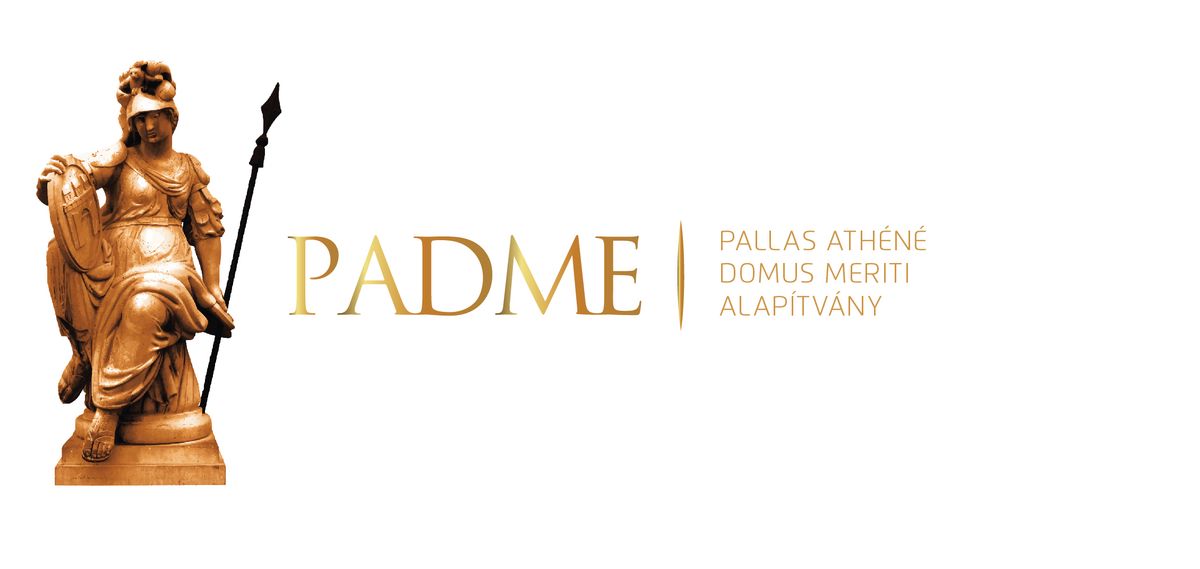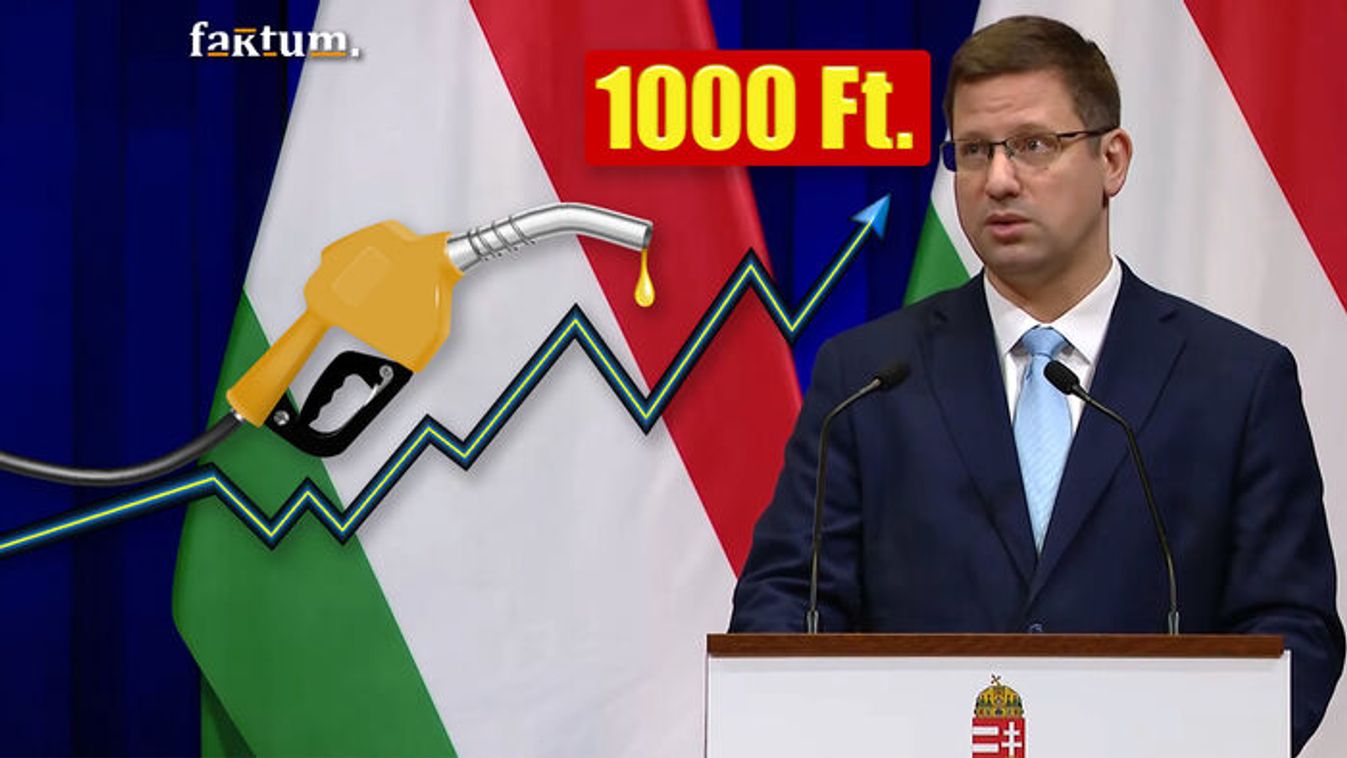– all these are only the symptoms of an underlying, extremely grave identity crisis, which is even made worse as Europe has to face the rise of China, the demographic explosion of Africa and the radicalisation of islam. The European institutions could have been an instrument of commonly fighting these problems; instead, they have become a tool of accelerating our own demise. By adopting the ideology of political correctness, they have transformed the voluntary increasing of the European decline into a political programme – with disastrous consequences.
One can also witness that the role of nation-sates and democracy itself have been continuously shrinking in the European integration. The rise of a European judicial power in Strasbourg and Luxembourg as well as the emergence of lack of understanding of each other’s legal cultures are the current characteristic of the integration that are constraining nations. Although in one of your studies you quote Karl Theodor von Dalberg who once pointed out that “[m]ost European constitutions resemble a permanent Gothic building that is perhaps not built according to all the rules of architecture, but in which one lives safely.” In light of this quite expressive quote how do you see the concept that wants to see Europe as a vehicle that sidelines the nation states?
Do not get me wrong on this: To me, a strong institutionalised cooperation between the European peoples is, more than ever, a vital necessity, but unfortunately, the EU in its present form has become the worst enemy of the Western civilisation and needs to be fundamentally reformed. The Nation state, though an important part of Western identity, is unable to face the crises of the 21st century, and a Europe once again splintered into dozens of small states would merely become the battle ground of the conflicts between the US, China, Russia and the Islamic world instead of regaining its liberty. This is why I think that the model of the Holy Roman Empire as described by the quote you mentioned is so interesting: instead of being a centralised, inefficient, bureaucratic and soulless monster, the “Sacrum Imperium” managed for many centuries to combine its member states’ autonomy with a highly efficient defence of its outer borders and some measure of common rules and guidelines. And what is even more: this empire showed how elective magistracies and a highly pluralistic participation in the empire’s common affairs could be combined with a transcendent foundation of law and tradition. This is also why, in my recent volume “Renovatio Europae” (English version Groningen 2019), I describe how a future EU could be modelled after the Holy Roman Empire in order to assure the member states’ inner autonomy as well as the overall defence and commonwealth of the European civilisation.
All three major EU institutions recently gave their blessings to the Conference on the Future of Europe that aspires to provide a forum for discussion about the potential reforms of the EU as well as about the future of the European continent. What grand strategy in your view European nations ought to pursue to make their continent and integration successful and competitive? What in your view can provide a fresh start or new impetus for Europe?
The current situation is highly complicated. On the one side, there are the leftist-liberal elites in power in most large European member states such as Germany and France, whose aim it is to cement their dwindling power by centralising the European Union and creating a common budget, a common financial liability and a common social policy – projects which are not necessarily bad as such, but which are becoming so as they are used as powerful tools in imposing the dangerous political agenda of political correctness, i.e. multiculturalism, mass immigration, transhumanism, laicity, islamisasion, LGBTQ-ideology, ultraliberalism, etc. The “Conference on the Future of Europe” is meant to endow this project with a false legitimacy in order to present it as a democratic and civic “grass-root”-initiative; and of course, the alleged “common fight” against the Coronavirus will also be an additional argument in the debate for “More Europe”.












